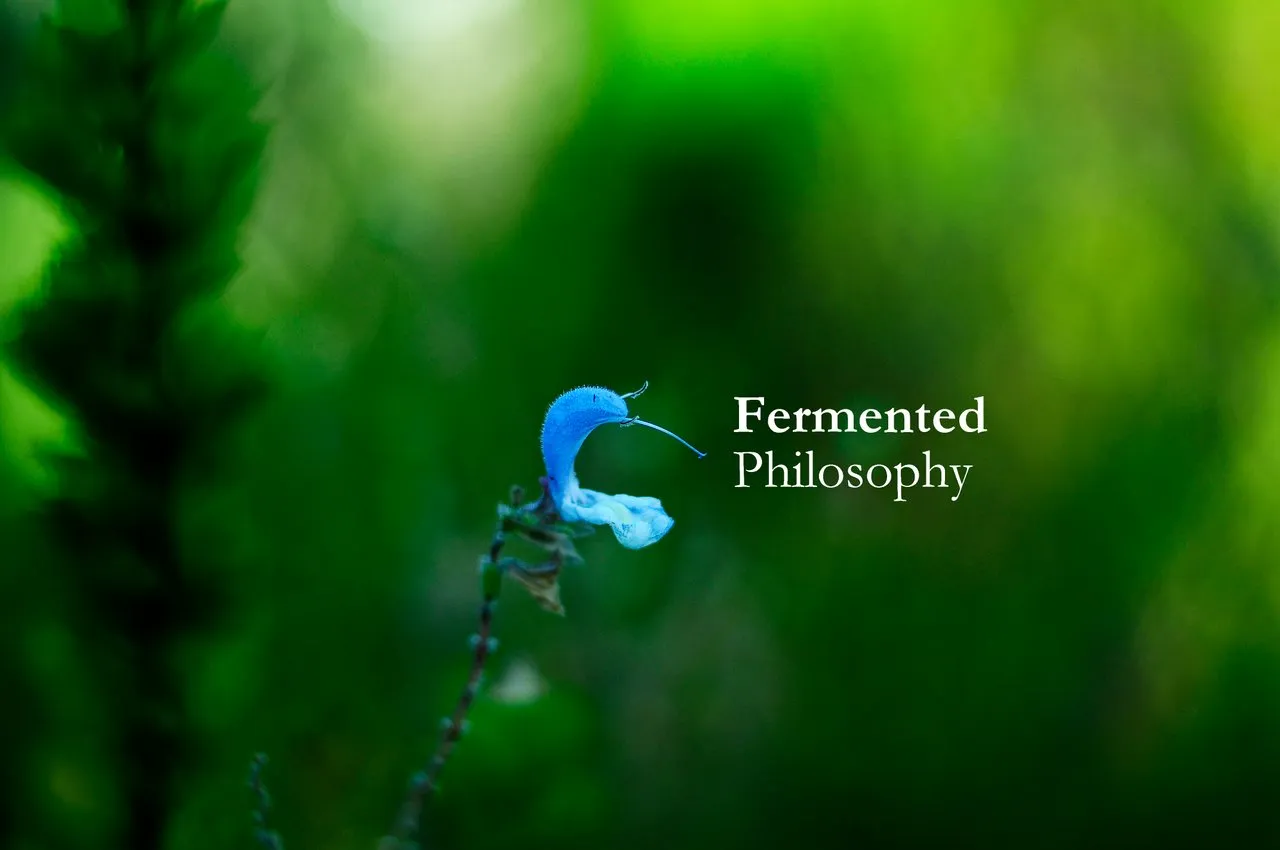
A Tactical Recap to the Fermented Ph.D. Dump
This week, I dealt with philosophical space and philosophical place in class. It feels appropriate to "dump" what is still in my mind here in a general post about these two intricate and important terms. Especially regarding African philosophy and all of the debates surrounding its existence and so on. By understanding these two terms, we might have a more meaningful conversation that has a more lasting impact than the one that was held and led to nowhere in particular. So let us jump straight into it!
Before there was Place there was Territory
In one of the most important articles on Place in African philosophy (or African philosophy in Place) Bruce Janz begins to lay the foundations for a reworked notion of African philosophy that problematizes the very notion of African philosophy. In this work, Janz asks us to think about African philosophy as being the same as a map. On this map, borders are fixed and the "territory" is basically mapped. That is, abstract notions of what there is regarding territory are placed on a piece of paper. Janz provides us then with the metaphor: the map is not the territory. By stating this, Janz helps us understand that the physical territory is much more than the map, the map is merely an abstraction.

Janz subsequently turns the metaphor around and asks us to rethink what African philosophy is. For him, the territory is also not the map. We begin to understand African philosophy beyond the confines of metaphysical identity questions: who can do philosophy, what is African philosophy, and so on, become redundant questions because we always already produce philosophy from our specific place. That is, we proceed following Janz's notion of philosophy always being shaped by territory.
But interestingly, in invoking the idea of a nomad, Janz states that the practitioner of African philosophy also shapes the territory or the place. The nomad is on the one hand shaped by her territory, but the territory is also shaped by the nomad herself. There is an intricate reciprocal relationship.
The conclusion of all this is thus basically that we should not think of African philosophy as something akin to a map with rigid borders, we should also not think about African philosophy as merely the territory. We should rather adopt this nomadic philosophical perspective in which philosophical place or territory is continually shaping and shaped by the nomadic philosopher.
Philosophical Place = Historico-politico-temporal factors
In the end, after all this philosophical nonsense, the philosophical place basically amounts to the concrete place from which philosophy is actuated, and the historico-politico-temporal factors that influence the philosopher practicing philosophy. In even simpler terms, the philosopher is always someone from somewhere; and that place has its own political issues and so on. Philosophy is not produced in a vacuum.

Ascending Toward Philosophical Space
Contrasted with philosophical place is philosophical space. This is a concept rich with potential, as the philosopher Jonathan Chimakonam tells us. The most important part of his work is the creation of a nuanced understanding of philosophical space. In his understanding, various philosophical places, like African philosophy, can ascend towards this abstract place in which intercultural philosophy can happen. By focusing too much on philosophical place we can get stuck in our ways, we can begin to focus too much on the past and to cultivate a unique notion of for example African philosophy. Without ascending toward philosophical space, we forfeit the intercultural dialogue and conversation that might have happened. We again, from the start, focus on mapping, on drawing borders, on thinking about how we can place territory on the map. In short, we relinquish the opportunity to learn from other cultures.
Postscriptum, or From here we talk in this language
Philosophical place gives us the linguistic ability to state that the world looks like this from here. Rather than thinking that the world looks the same from everywhere, focusing on place gives us the ability to say that no, the world from here looks different, we have our own problems, our own language, our own concepts, and so on. However, philosophical space gives us the opportunity to go beyond place but not leave it behind. It gives us the ability to talk with others about these historico-politico-temporal problems from our philosophical place without universalizing those problems. It moreover gives us the opportunity to gain valuable insight from others who might have dealt with their own problems. By opening the space for more voices to, well, have a voice, we might have more chances at finding workable solutions.
I hope that you learned something from this post and that it was not too convoluted and difficult. If you want to continue the dialogue or conversation, please leave a comment! Happy learning, and stay well.
